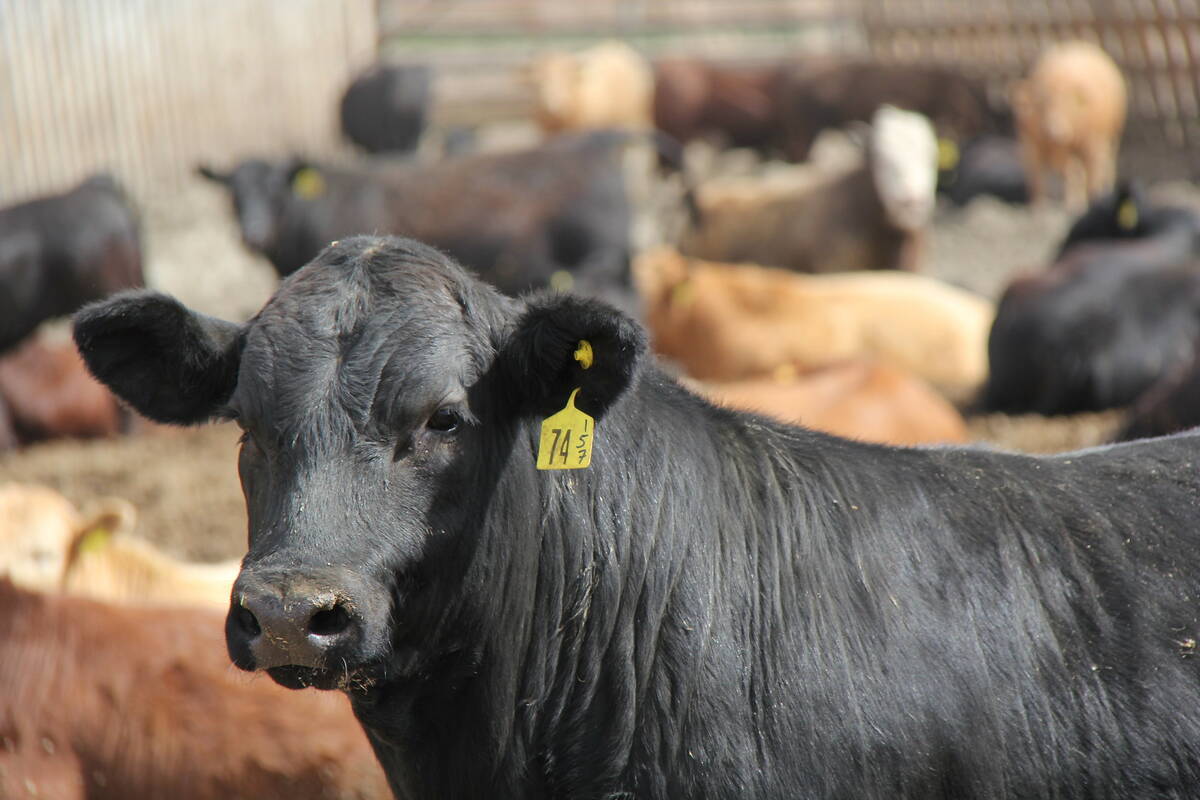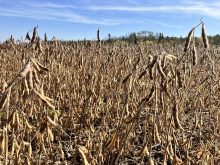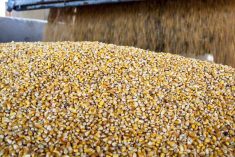MarketsFarm — Losses in crude oil and ethanol have weighed heavily on grain and oilseed markets, with Chicago Board of Trade corn falling to fresh contract lows Wednesday. General uncertainty over COVID-19 is expected to keep a bearish tone in the market.
“The big thing has been the overall slowdown in ethanol production,” said Tom Lilja of Progressive Ag at Fargo, N.D.
“The country is not driving right now, and demand is significantly low,” he added, noting many ethanol plants were cutting production or closing down completely amid the COVID-19 pandemic.
Read Also

U.S. livestock: CME cattle futures climb on technical trading, rising wholesale prices
Chicago | Reuters – Cattle futures on the Chicago Mercantile Exchange rose for a second session on Wednesday in technical…
Weak energy demand was also weighing on soybeans, with softness in the Brazilian real adding to the bearish tone in that market, according to Lilja. The weakness in the country’s currency makes Brazilian soybean exports 20 cents per bushel cheaper than U.S. supplies for July/August delivery. With U.S. beans looking overpriced, the country is missing out on export opportunities.
Wheat has held up a bit better than the row crops, as many end-users look to shore up supplies in the face of the pandemic, said Lilja. Dryness concerns in Russia were also supportive, but he noted that the forecasts were turning more favourable in the region which was weighing on prices.
Looking ahead, dryness concerns in the southern U.S. Plains could help underpin wheat going forward if any yield issues develop. Possible delays to spring wheat seeding in northern growing regions, due to wet fields, will also be followed closely.
Lilja said there was also a possibility that current low prices will cut into soybean and corn acres, as farmers may decide to take prevent-planting benefits instead.
In that scenario, any weather problems during the growing season could spark an exaggerated move in the futures due to the lower acreage base.
— Phil Franz-Warkentin reports for MarketsFarm from Winnipeg.














